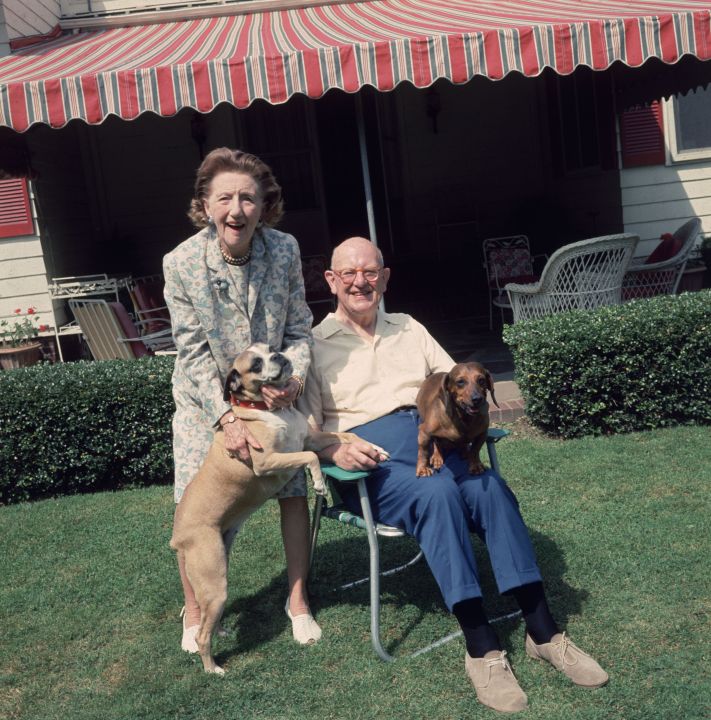The history of literature is replete with folly but the news that Sebastian Faulks is writing a novel featuring Reginald Jeeves and Bertram Wooster knocks all other blunders into a cocked-hat. We are not gruntled.
Madness, not to put too fine a point on it, seems the only explanation for such a project. Perhaps, like Gussie Fink-Nottle, Mr Faulks is a glutton for punishment. Like the newt-fancier, one supposes he must spend a good deal of time staring at himself in the mirror.
As for the rest of us, well, like the BBC’s present lamentable adaptation of Blandings this news has us groaning and wincing “like Prometheus watching his vulture dropping in for lunch”.
Harry Mount says most of what needs to be said about this nonsense (though he is too kind by far to Faulks’ lame Bond novel). Be that as it may, he cannot be permitted a monopoly on umbrage. I suppose that if Faulks wishes to make a fool of himself that is his business but the endeavour seems unusually pointless even by windmill-tilting standards.
As Faulks’s pastiche of Fleming was only partially successful there appear no grounds upon which to suppose this vastly more demanding task will be within his competence. Even Bingo Little would think this a bet worth passing on. It ain’t as though there’s a lack of Wodehouse to go round. Even enthusiasts don’t clamour for more Plum, even of the fake kind. Not when the old boy churned out more than 90 books of his own.
It is hard to think of any truly successful literary impersonation. I have not read Andrew Motion’s Treasure Island sequel but recall it received only muted praise. But none of Fleming’s imitators, not even Kingsley Amis, have quite mastered the trick of inhabiting the role. Writing books in another fellow’s voice requires more than just donning the clothes and mannerisms of the chap you’re impersonating. Similarly, none, I think, of Conan Doyle’s successors bear re-reading.
And that is one of the tests. PG Wodehouse, like ACD, is endlessly re-readable. Blandings is eternal, an Elysian creation (as Waugh put it) that never fails to refresh even the most-knackered spirit.
Faulks’s impersonation, however well-intentioned, cannot possibly meet that standard. Wodehouse’s formula was his own and it cannot be recreated. Not least because Wodehouse believed in it utterly, whereas any impersonator knows that what he is doing is creating, at best, an ersatz Wodehouse. The real thing cannot be copied any more than someone else can write a blank verse tragedy or a Mozartian symphony. However faithful the attempt it will still sound, feel and taste phoney.
So why bother? Perhaps it is just a jape. But to what purpose? Who is supposed to purchase this book? As a curiosity it lacks interest; as a means of prodding a new audience to discover Wodehouse for themselves it is both an arrogance and a mistake since thrusting a dud Wodehouse (of which there are a number) upon an unsuspecting novice is the surest way of murdering any interest the poor young fellow may have in exploring Wodehouse’s world. Faulks’s project cannot please; it can only annoy. Impersonators are usually unmasked.
Jeeves’ caution regarding the works of Nietzsche applies to this endeavour too. It is a fundamentally unsound idea. For that matter, Mr Faulks might recall Vladimir Brussilov’s verdict* that there exist “No novelists anywhere any good except me. P.G. Wodehouse and Tolstoy not bad. Not good, but not bad.”
As Harry Mount says:
Faulks can of course use all these [plot and linguistic] devices, and he has the advantage that Wodehousians are all familiar with them, irrespective of the writer. But, whenever Wodehouse reuses them, the reader feels an involuntary, unacknowledged glow at the reappearance of such sublime invention. When Faulks borrows them, there will just be the dreary recognition that he is paying lip service to someone else’s genius.
Indeed. It is all enough to leave one looking, like Uncle Tom, a bit like a pterodactyl with a secret sorrow. The pity of it or whatever what’s-his-name said.
Mr Faulks, history’s verdict will not be kind: “It is young men like you who make people with the future of the race at heart despair.”
*You will remember, of course, that “Cuthbert was an optimist at heart, and it seemed to him that, at the rate at which the inhabitants of that interesting country were murdering one another, the supply of Russian novelists must eventually give out.”








Comments